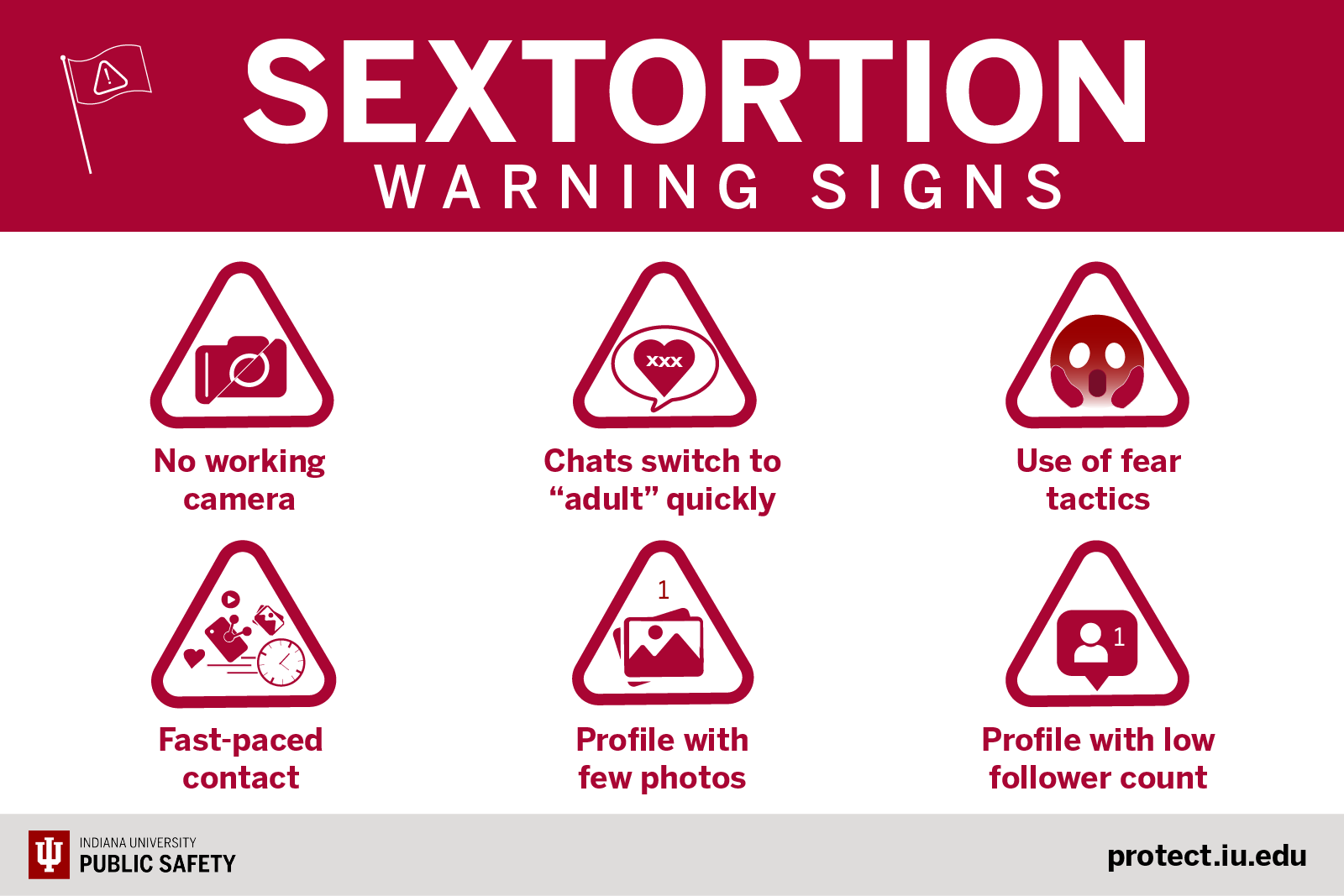Cyber crimes are crimes that involve the use of a computer or electronic device such as a smart phone. Many different kinds of crimes fall under this umbrella, including email phishing, fraud schemes, bullying, stalking, and child pornography, to name a few.
Although young adults are incredibly tech-savvy, they are the most susceptible to falling victim to cyber crimes.



